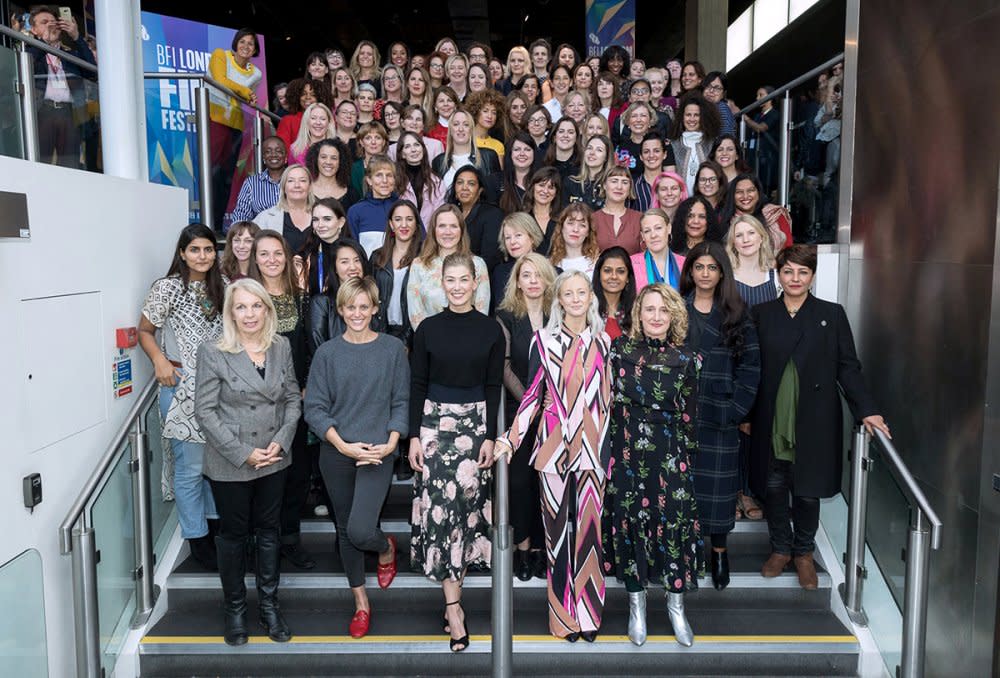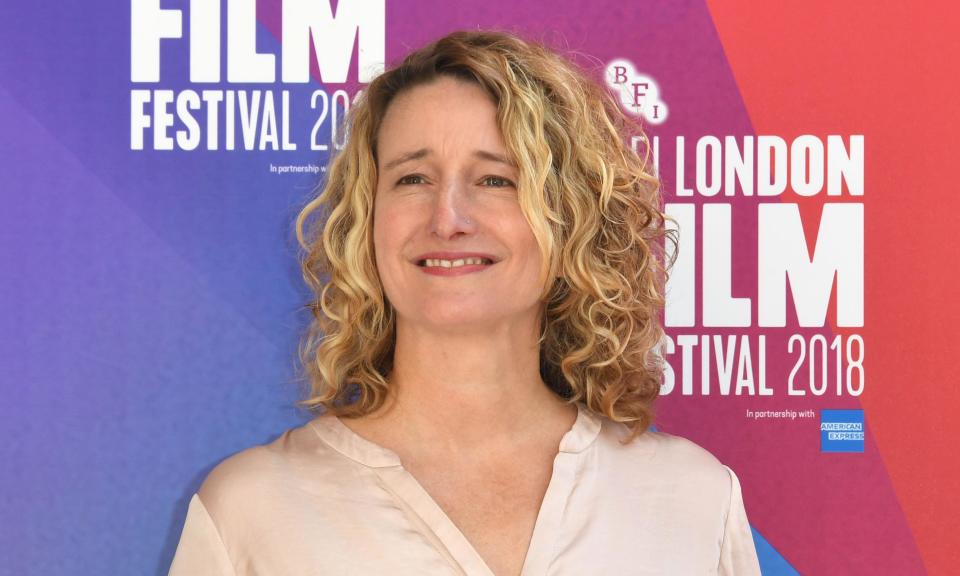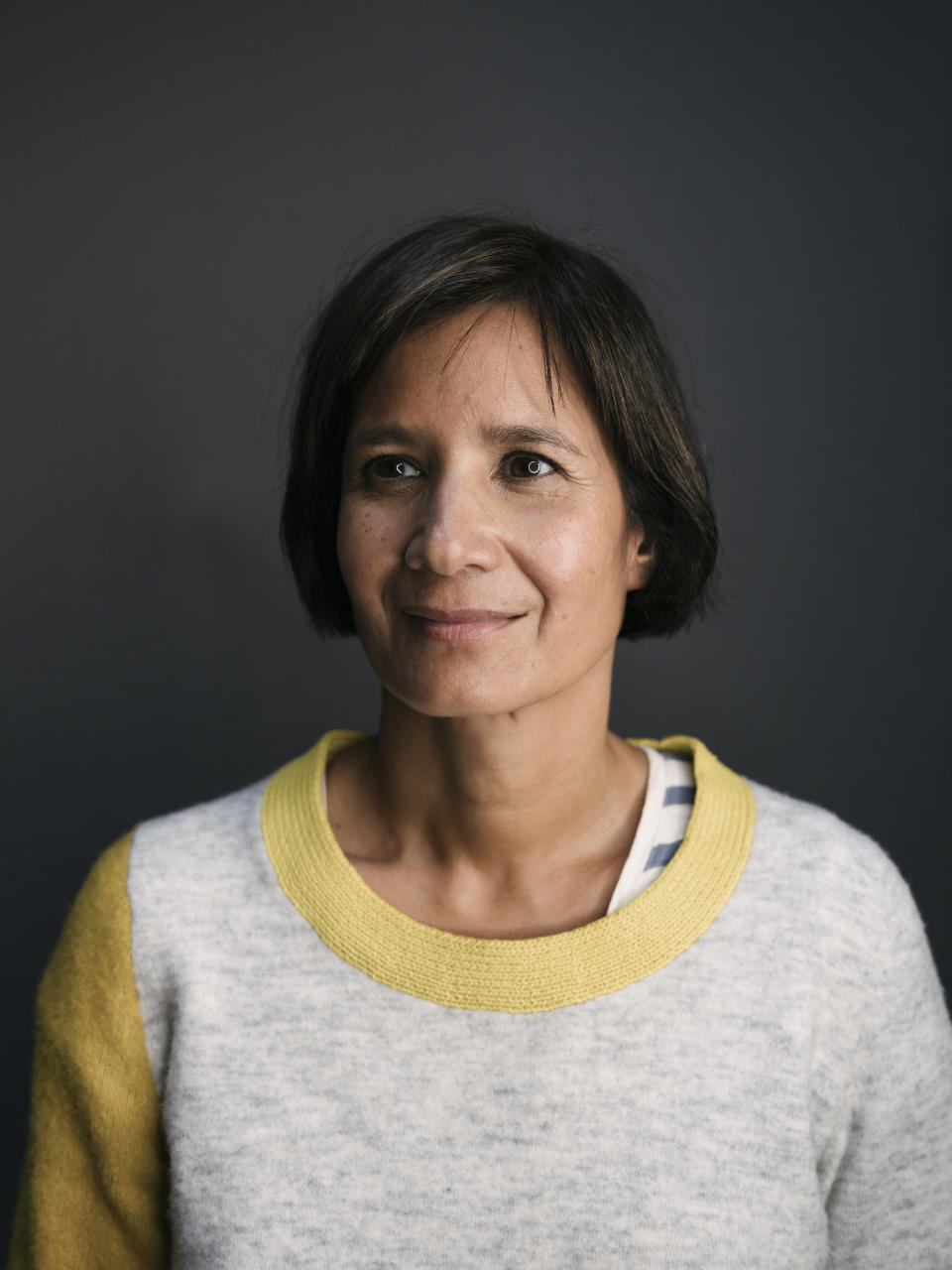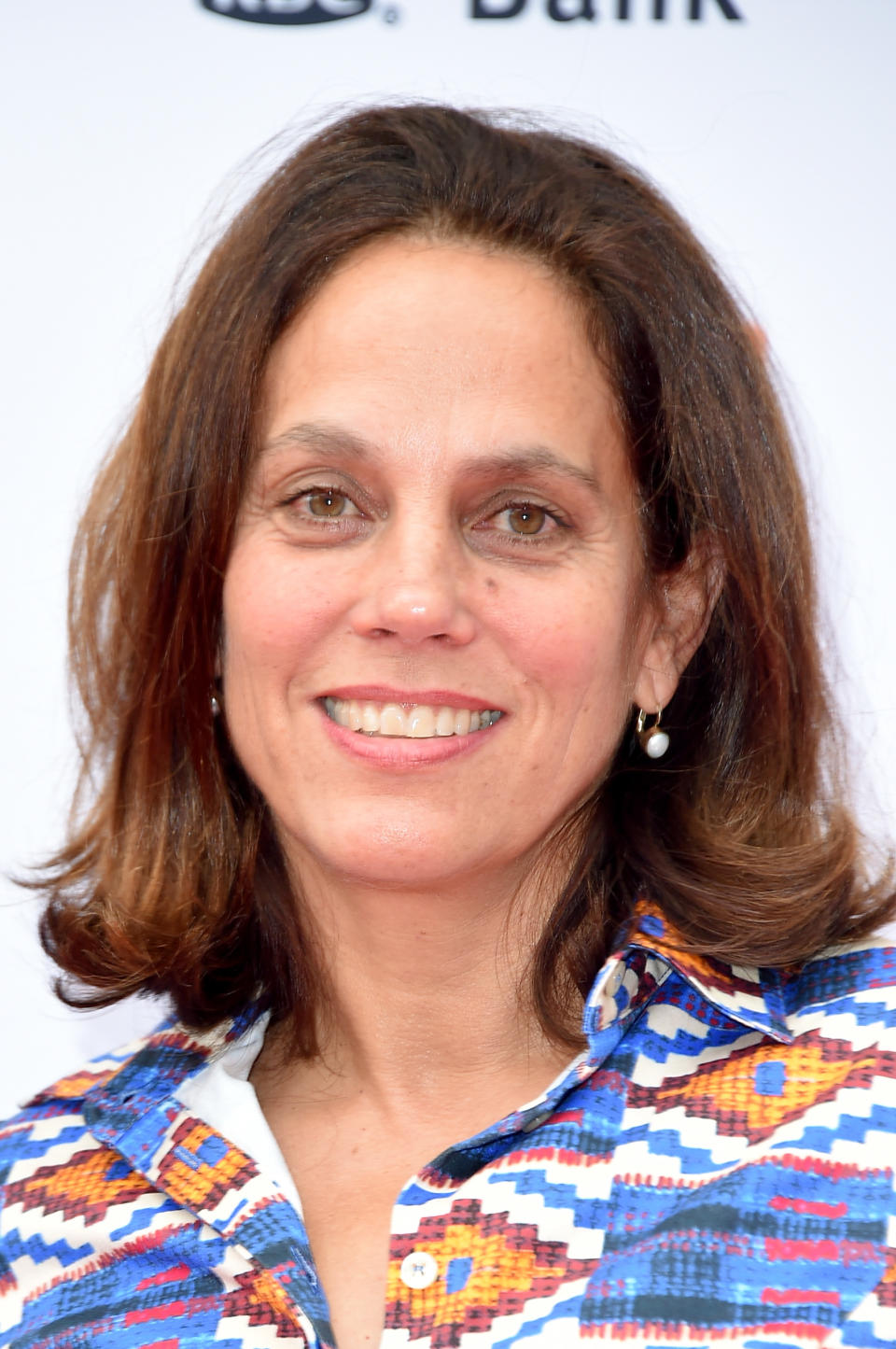The female filmmakers making waves at this year's BFI London Film Festival

The BFI London Film Festival is in full swing, bringing some of the most starry and spectacular films to the nation’s capital. This year there’s a progressive difference in the programming as the organisers have curated a schedule that features far more female directors than ever before.
38% of the films are directed by women with a 50-50 split in three of the four competition strands; a representative move that Tricia Tuttle, the festival’s artistic director, says began before she took over the role from Claire Stewart.
“It was really a conscious decision that started with Claire and this year we sort of carried on and amped it up,” Tuttle tells Yahoo Movies UK. It’s really just our curatorial process, that inclusion and diversity is a key point for us, so we go into the festival wanting it to represent the breadth of culture.”

“At any festival, you’re shaping the program, telling stories, you’re finding diverse representation and voices so these are there because they deserve to be there,” she adds. “We don’t programme by quotas.”
But the onus is not just on festival programmers to present these films to the world, Tuttle says, it’s on media outlets too: “It’s also an issue for festivals where the same small handful of films are getting coverage so as an industry – critics, programmers, everyone – we need to be working together to find and nurture and champion the smaller films too.”
Yahoo Movies UK couldn’t agree more and so we spoke with several upcoming female directors and producers about the films they’re presenting as well as the journey they’ve taken to get to the London Film Festival.
Here’s what they had to say in their own words.
Tinge Krishnan, director – Been So Long

Krishnan directs Chewing Gum star Michaela Coel in this contemporary London musical, which reimagines Camden as a romantic neon-soaked wonderland.
I feel confident in calling myself a director when I’m in the right context, working with a supportive team so my particular brand of craft flows, and the mojo flows. Apart from Been So Long, one of my best experiences of this was in the States working on The Exorcist. The States seems ahead of the UK in terms of supporting diversity and women so if a woman walks on set and has her mojo undermined you create a self-fulfilling prophecy on gender imbalance.
Maya Deren’s Meshes Of The Afternoon, Lynne Ramsey’s We Need To Talk About Kevin, Andrea Arnold’s Fish Tank and Kathryn Bigelow’s Near Dark were films that happen to have been made by women that really blew me away. They blew me away whether their directors were male or female though I have noted that there is a recurring pattern of female directors being relatively undervalued and also labelled as “difficult,” whereas a man might be labelled as “genius” and “tenacious”.
Unconscious attitudes towards women are just that: unconscious. So most people who hold biased perspectives would deny that they hold those perspectives. They wouldn’t call themselves “sexist” because they themselves are unaware.
As a female Asian filmmaker, It’s my intent to make popcorn movies that challenge sexist and racist attitudes as well as more niche projects. What I love about Been So Long is that it’s life-affirming and joyous, yet doesn’t spare the pain that we all experience as human beings. In fact, the way forward for us in this world is really going to be based on love appreciation of our own and other’s humanity. I feel that these things communicate in the film.
Buy tickets for Been So Long here. Available on Netflix from 26 October
Wanuri Kahiu, director – Rafiki

Romantic sparks fly between the daughters of two opposing politicians in Kahiu’s story of forbidden love in Kenya. The director recently won a court battle to have her film shown for seven days in her native country (so it could be considered for the Best Foreign Film Oscar) after it was banned because of its LGBTQ content.
The worst misconception I’ve heard about female directors is that we can’t be mothers and filmmakers. I started calling myself a director/filmmaker before I was one and I would introduce myself to strangers as a filmmaker because I knew it was what I was going to be. A favourite female director of mine is Melanie Laurent. She has a wonderful way of creating intimacy and sensuality in a very visceral way.
I come from a country with an equal number of female directors as men but it’s also a country that is not often recognised for its artistic contribution which far outweighs gender issues., though I believe that giving all fathers in the industry mandatory six-month paternity leave would help even the playing field.
My film is about everyone having the right to love. It’s our most basic human right.
Click here for more information on Rafiki
Elizabeth Karlsen, producer – Colette

Karlsen produced this Belle Époque-era biopic starring Keira Knightley in the titular role opposite Dominic West as the literary couple whose relationship rewrote social and gender rules.
I made short films in my mid-twenties and called myself a filmmaker then without doubting my right to that claim, but that doesn’t mean it was an easy journey. I fret and agonise over my work, but that is about the work, not me as an individual with something to say and a determination to find a way to say it. I tell my daughters on a regular basis, life is too short to give time and energy to feeling a lack of confidence. Other people are all too ready to criticise you, don’t waste time doing it to yourself.
Chantal Ackerman’s Jeanne Dielman, 23 Commerce Quay, 1080 Brussels, Mira Nair’s Salaam Bombay, Diane Kury’s At First Site, and Jane Campion’s An Angel at My Table are films made by true auteurs – each of them telling, with the language of cinema, a compelling story in a fresh and original way. With most of them, they actually shifted the language of cinema and gender politics.
Any marginalised group, and I do consider women to be marginalised, face barriers thrown up by ignorant and prejudiced points of view, but the landscape is changing. The most important thing in any discipline is to have role models. You can not be what you can not see – ar at least it is really hard. We need girls at school to see and know women directors/producers and think “that’s what I want to do”. Young girls and women need to be given the tools to realise their full potential.
Colette is a story about someone who is denied authorship of their own intellectual and creative output. In this case a woman writer, whose husband puts his name on her books, reaping the critical and financial rewards. The writer, Colette, is still one of the best selling French authors of all time, who had a major impact on the cultural and political landscape in France and beyond in the late 19th and early 20th century. She pushed against social mores around gender and sexuality and eventually took her battle to the courts to have her name put on her novels. She won.
For more information on Colette click here. The film will be released nationwide on 25 January, 2019
The 2018 BFI London Film Festival takes place until Sunday 22 October. To buy tickets for these films visit the official website.
READ MORE
Bryan Singer slams Esquire over planned ‘negative article’
The Bisexual is the new show to watch
Zendaya on making political kids’ film Smallfoot.

 Yahoo Movies
Yahoo Movies 
